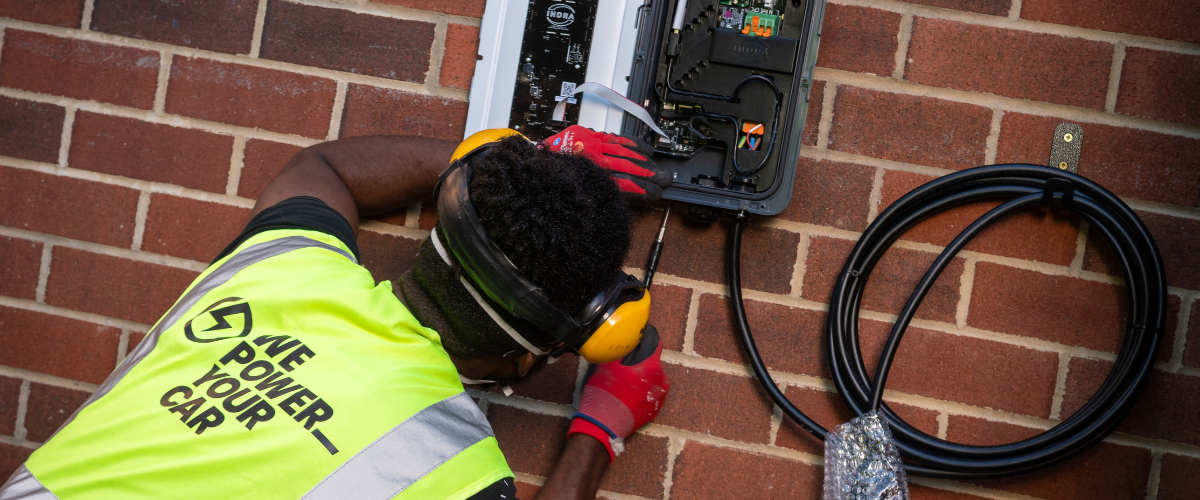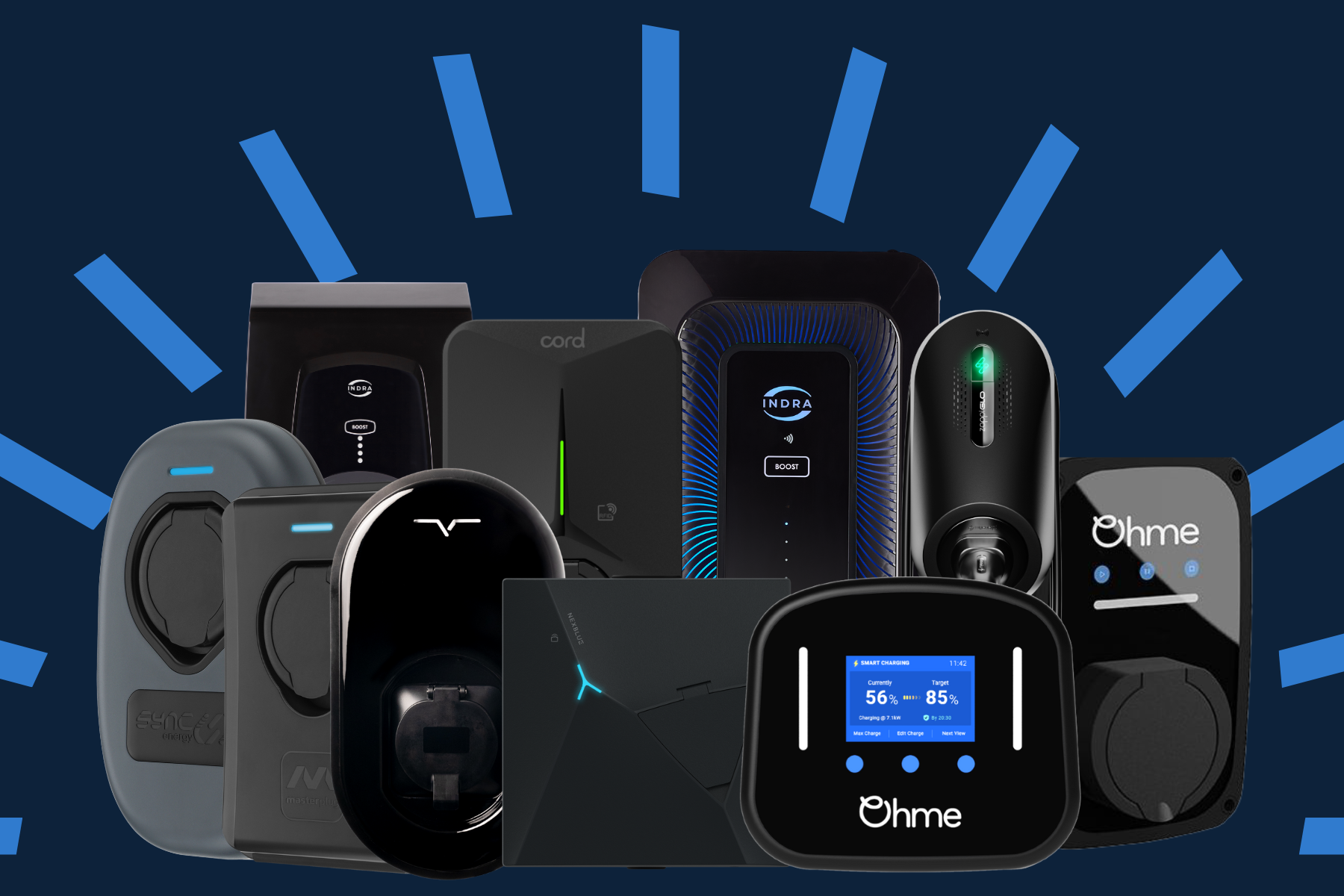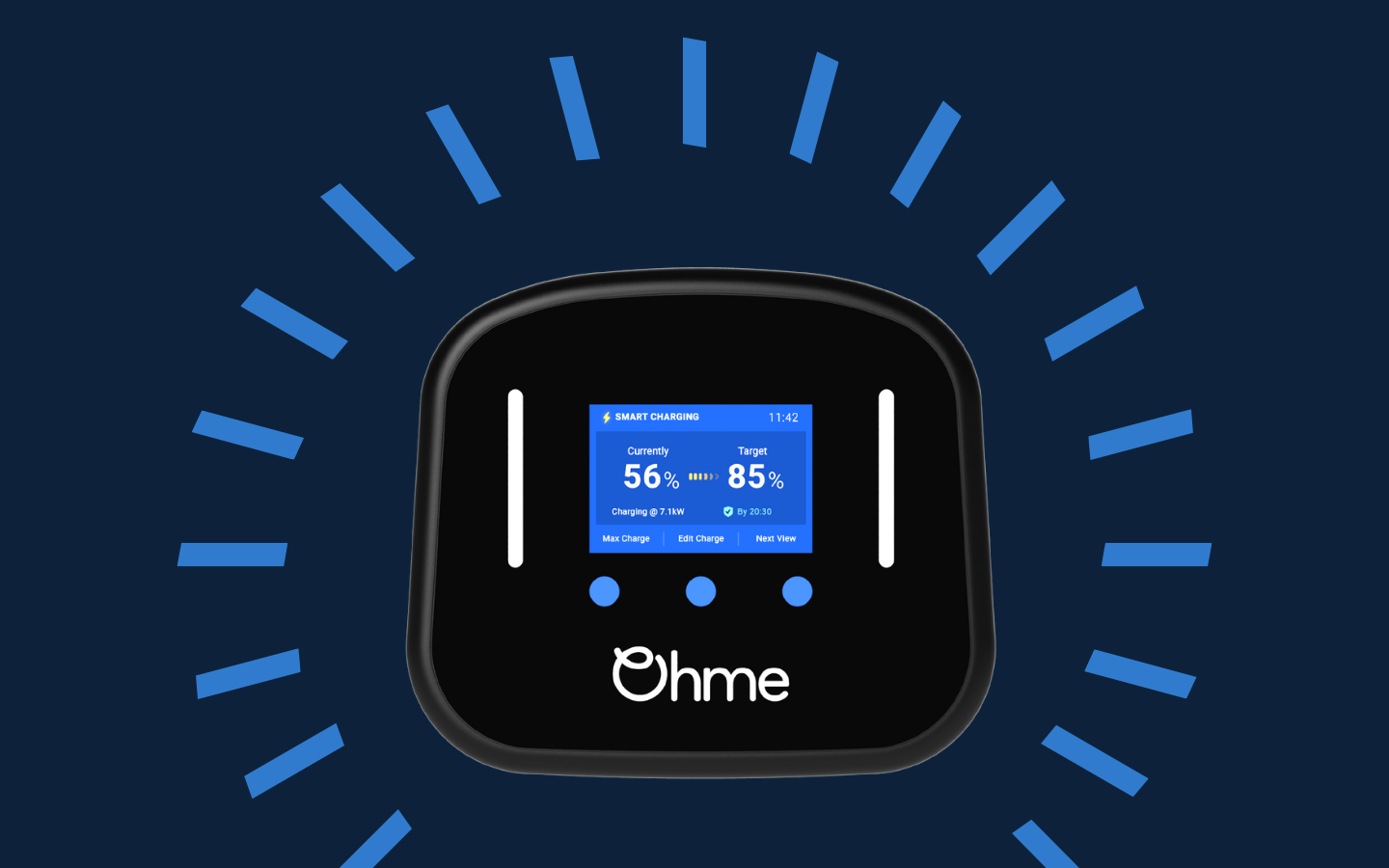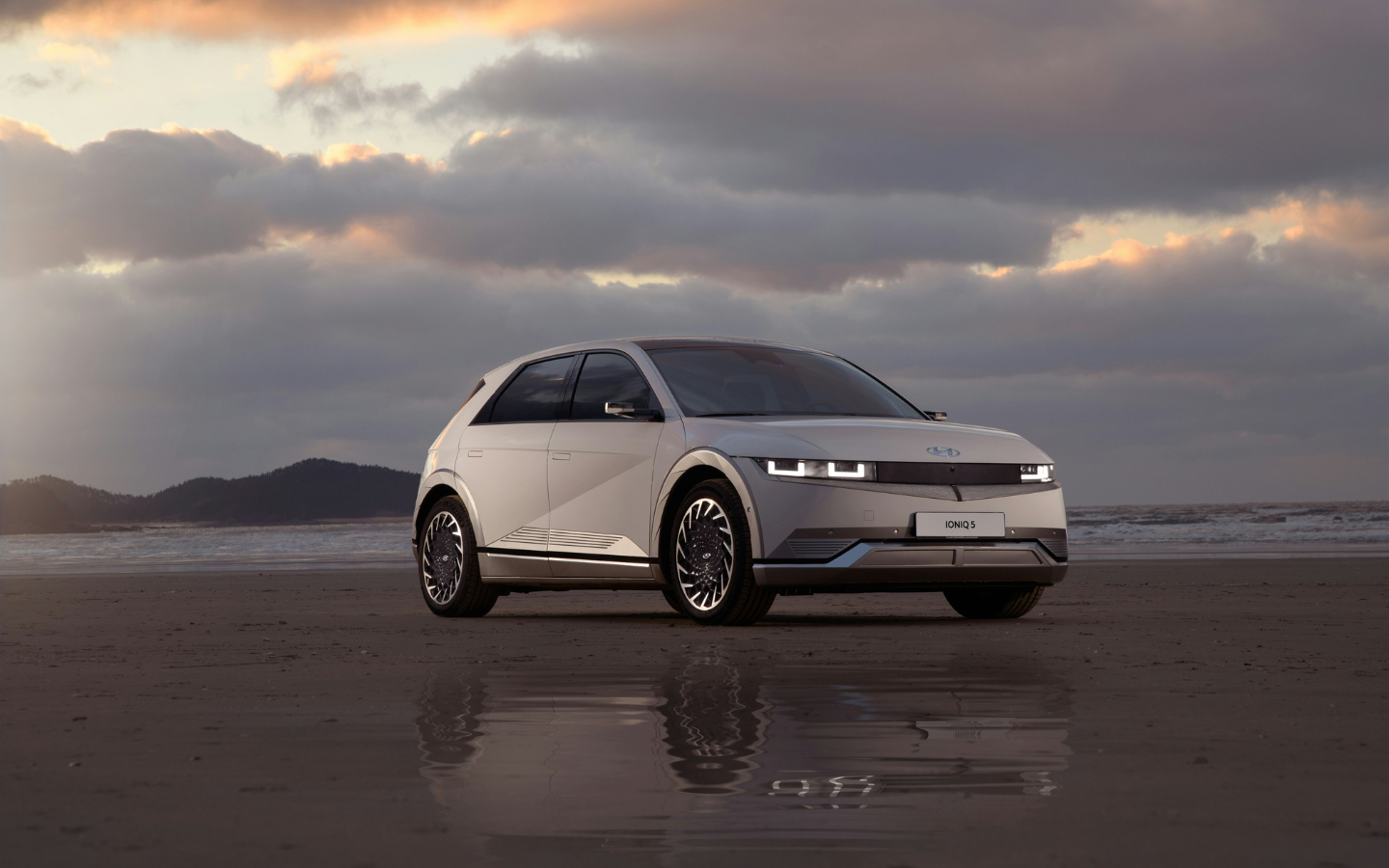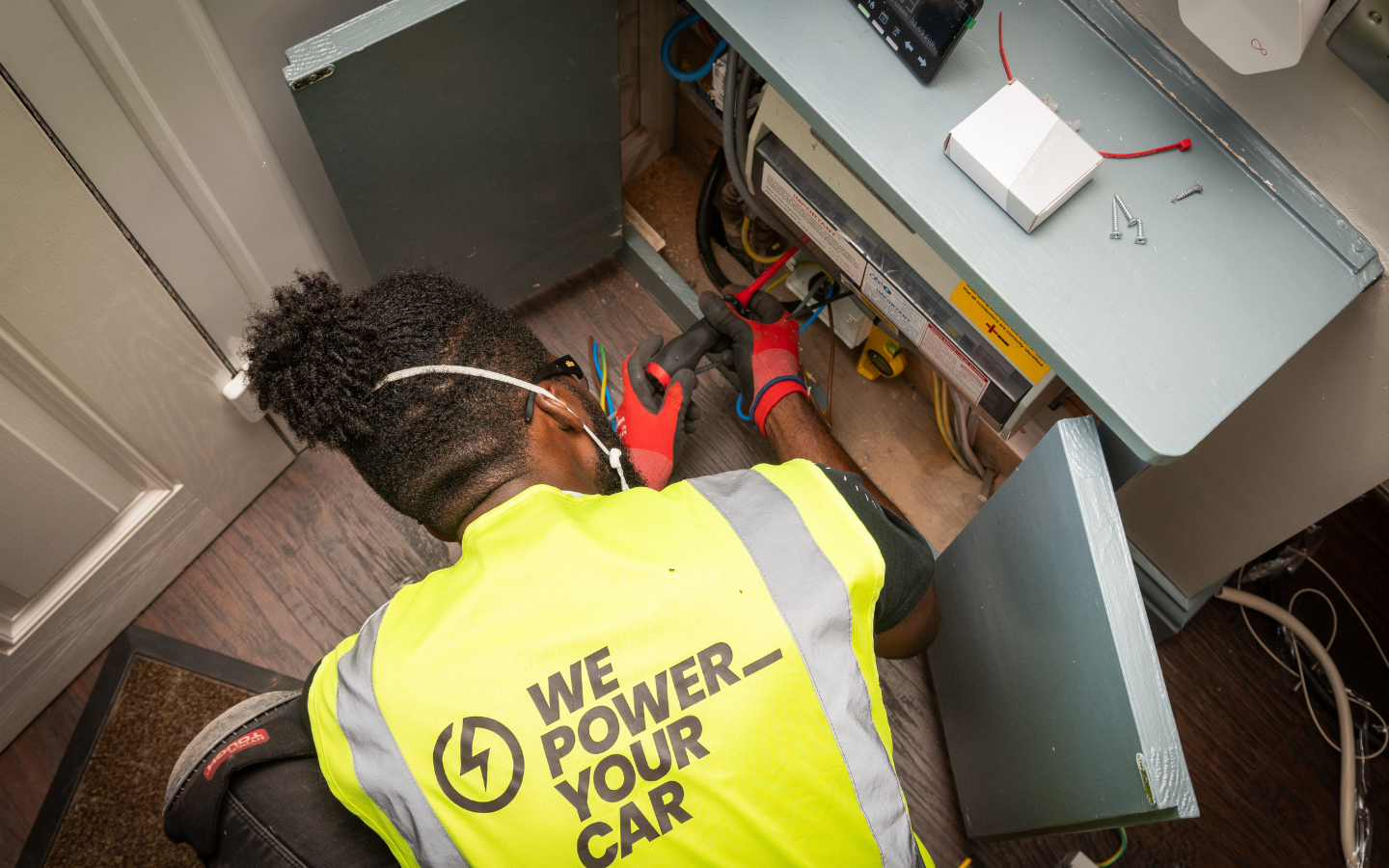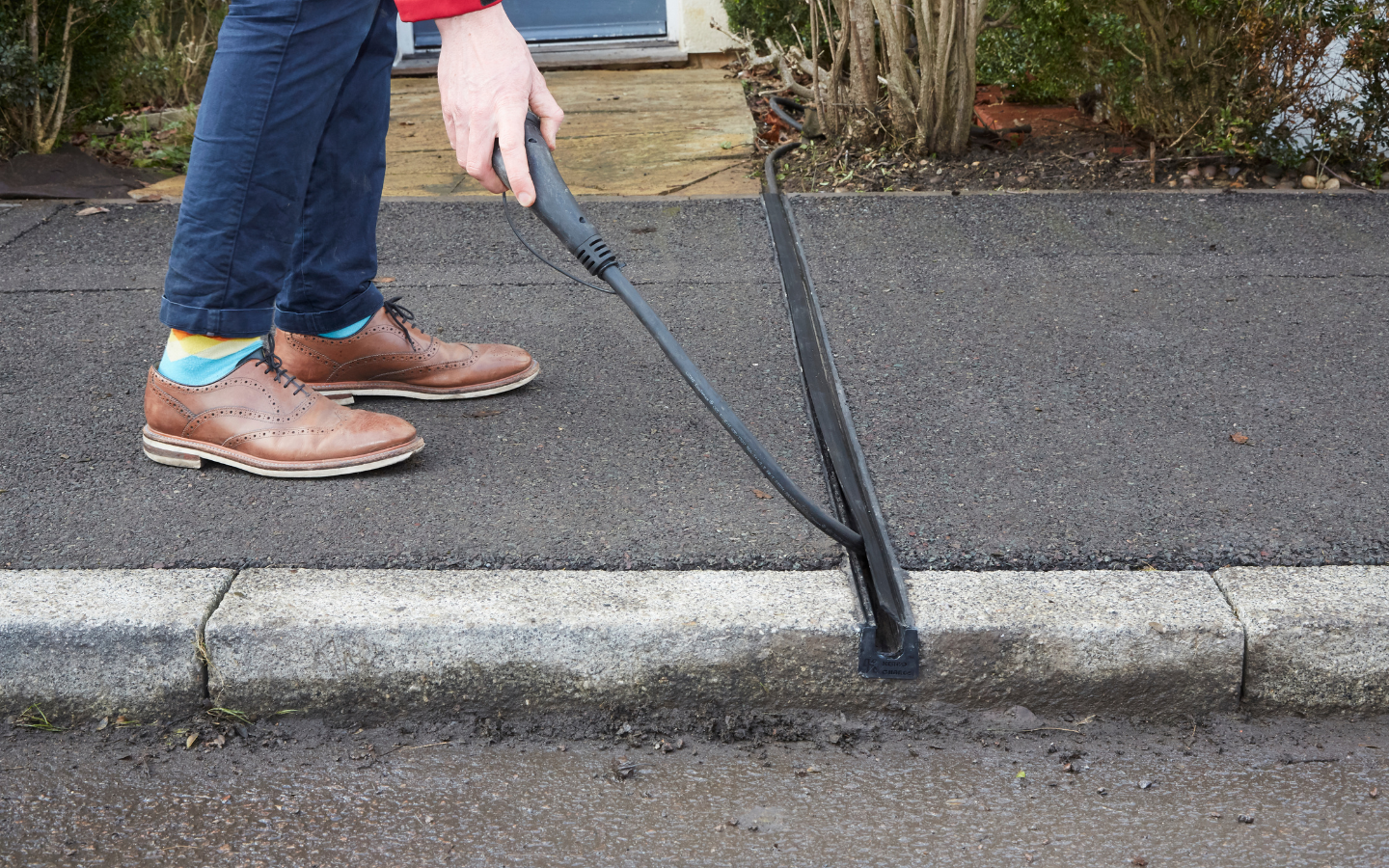

Cross-Pavement Gullies Unravelled: A Guidebook
Home EV chargers bring several benefits from the get-go: safer, cheaper and greener EV charging – to only mention a few.
Installing EV chargers for those with on-street parking, though? It can be a logistical nightmare. So much so that some EV drivers resort to tossing electric car charging cables across pavements, a dangerous feat.
But the world of on-street EV charging is transforming.
Recently, the UK government allocated a whopping £25m package for local councils to fit “cross-pavement gullies.” Sometimes these can be referred to as an EV charging cable gully, a cross pavement solution, or simply a charge gully. Though different manufacturers have different names for them.
With these all-new and visionary EV charging infrastructures spread far and wide across the UK, EV drivers anywhere will be able to charge their cars safely.
But what are charging gullies? What do they look like? And how much are they?
Today, we cover that and more.
What are cross-pavement gullies?
Imagine this: you’re walking down a tightly-packed residential street. A mix of ICE and electric cars border the road, parked bonnet to boot. One, in particular, is the yellow Renault 4 electric car parked kerbside. A charging cable is plugged in… but wait – the cable isn’t across the pavement, slung messily over the path.
It’s not hung overheard, either. In fact, it neatly dips into a channel in the pavement, disappearing into the ground before peeking out and into the home charger.
That, is a cross-pavement gully in action.
Typically, a cross-pavement charging solution is a narrow, purpose-built channel embedded into the pavement. The cable runs safely and snugly within it, letting EV owners charge their vehicles at home, without tripping up pedestrians, causing blockages for prams or wheelchairs, or breaching council rules.
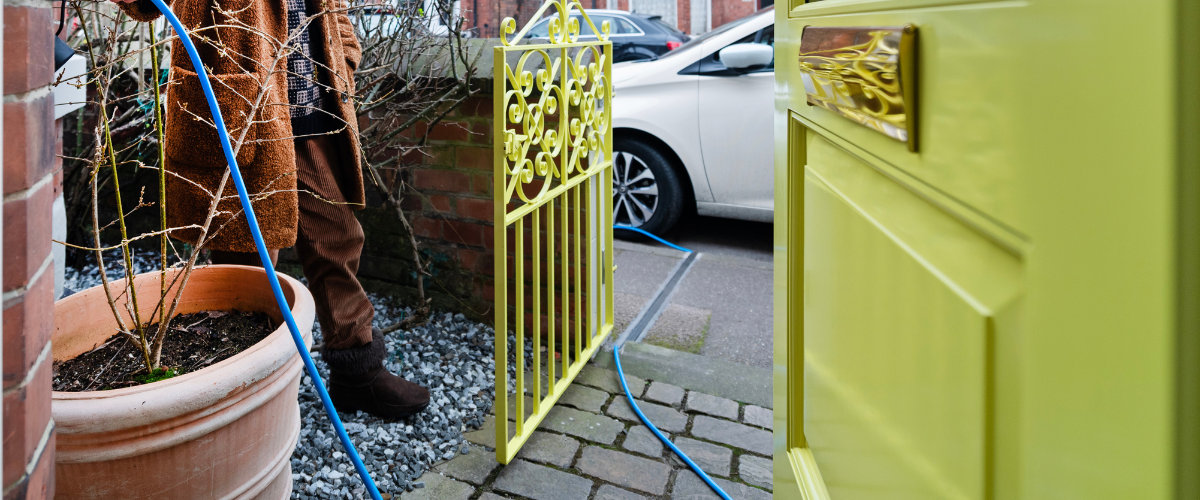
When would you use a cross-pavement EV charging gully?
Cross pavement gullies are the perfect EV charging solution for:
- EV drivers who live in homes without off-street parking, especially tight Victorian homes and terraced houses.
- Landlords with EV owner residents, especially flats and apartments
- Local authorities that want to support electric vehicle (EV) charging infrastructure.
What are the popular charge gullies in the UK?
- Kerbo Charge: A zip-like self-closing channel in the pavement made from UV-stable high-strength thermoplastic.
- Charge Gully: A channel in the pavement with a metal cover and a key to lock and unlock.
- Gul-E: A drainage cable channel in the pavement with solid checkerboard plates.
The pros of charge gullies:
- Safety first: No more trailing wires across the pavement with three-pin plug chargers, creating trip hazards for pedestrians, prams and people in wheelchairs. Recessed channels promise easier, safer charging for everyone.
- Neat and discreet: Barely noticeable, charge gullies usually come with flush-fitting lids that blend into the paving, going practically unseen.
- Increased accessibility: Charge gullies and over on-street EV charging infrastructure allow for more electric car owners to take advantage of cheaper, greener and more convenient charging. Scrap the expensive trips to public charging points; home charging is now at your doorstep. Combine a cross pavement solution and a smart home charger, and you can take advantage of EV tariffs and charge for as little as 7p per kWh with the right set-up (Intelligent Octopus Go).
Charge Gullies: The Cons
- Long installation times: As standard, you need to notify the DNO of a standard home EV charger installation, which can take weeks, if not months, if additional work is required. Add in a cross-pavement charge gully? You’ll need to do that and more, including the key part of asking for permission from your local council. As expected, this can be time-consuming and often at the whim of your council. York, for example, has ruled out cross-pavement solutions.
- Higher cost: Expect to pay around £1,000–£1,500 for solely the gully charging solution, and then at least another £1,000 for the smart home charger. All in all, the charge gully cost is hefty. While, over time, you’ll reap the costs back and more – especially when combined with EV tariffs and off-peak charging – the initial cost is an investment rather than a bargain.
- Vandalism & tampering: In busier areas, even cross-pavement cable gullies may tempt interference. Try to relax, though; using a lockable or removable cover, like Charge Gully, can fix that.
Are cross-pavement gullies the future?
Absolutely, in our professional opinion, cross-pavement gullies are the new future for electric car owners without off-street parking. Think of charge gullies as the key, unlocking electric car ownership for all. In fact, gully EV charging allows affordable and accessible EV charging for ordinary people who live in terraced houses or in blocks of flats, lessening the reliance on public chargers and dangerous three-pin plug charging.
Other on-street charging infrastructure exists, too – such as Char.gy’s vow to transform on-street furniture, such as lampposts, into EV chargers. So a combination of different types will allow EV owners to find the right fit for themselves. This is especially important in areas where not all county councils are on board. While many have shifted to the idea of cross-pavement solutions for charging electric vehicles, not all are convinced.
Overall, in the race toward net zero, it’s the small, smart changes, like a simple slot in the pavement or on-street charging infrastructure, that will get the UK over the EV adoption line. Largely because of rumours, such as the lack of available EV charging infrastructure – all of which are false.
In need of a cross-payment gully for your EV charging?
On street or off, we have any and all electric vehicle charging solutions for everyone. Whether it’s the Kerbo Charge, ChargeArm or a simple standard home EV charger and installation: trust the experts.
As a SIP-accredited EV charger, experienced, accredited and DBS-checked, we can supply and install charging points wherever you are – all with first-class customer service. Don’t believe us? Explore over 2,000 reviews on Trustpilot – we’re rated ‘Excellent’ 4.9.
Get your free EV charger quote, browse our wide range of smart electric vehicle chargers, or call us at 03333 44 96 99 for unbiased advice on which EV charging solution is right for you.
Stuck on which home EV charger to choose? Dive into our new 2026, comprehensive guide on the best home EV chargers in the UK.
